As natural living enthusiasts, we cherish the purity of our food. The thought of biting into an apple coated in synthetic pesticides is unsettling, especially when considering the health of our loved ones. Fortunately, there are natural and effective ways to cleanse our apples, ensuring they remain wholesome and safe.
Pesticides are frequently used in conventional farming to ward off pests and diseases. Unfortunately, these chemicals often remain on our fresh produce, even after it reaches the grocery store.
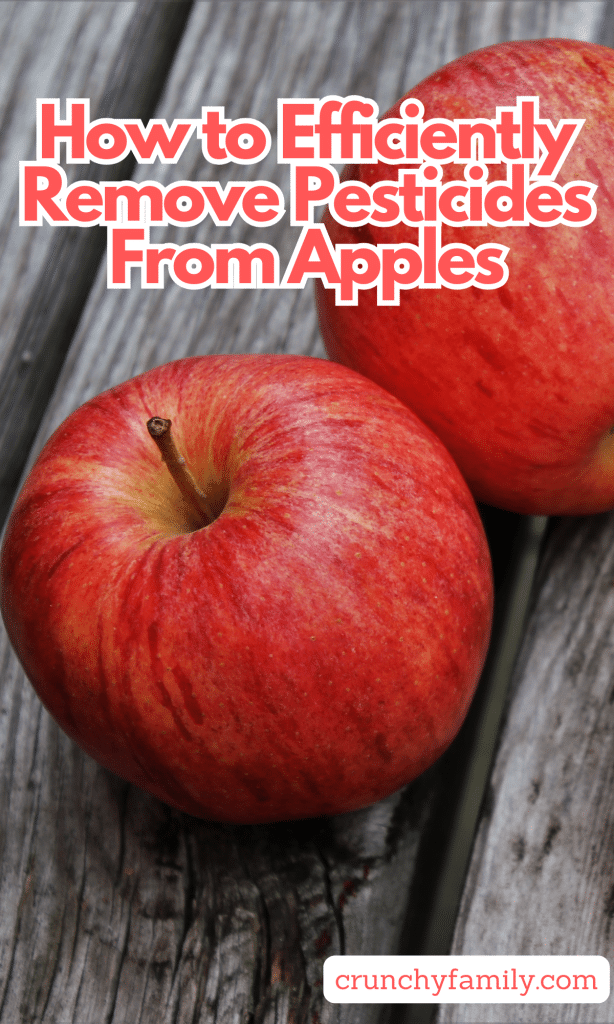
Common pesticides can penetrate the apple peel and seep into the fruit flesh, raising concerns about potential health risks. Despite regulatory standards set by agencies like the Food and Drug Administration (FDA) to control pesticide levels, it’s wise to take extra steps to naturally wash fruits and vegetables.
Natural Methods for Washing Apples
Here are some of the best natural ways to remove pesticides from apples, supported by new research and natural living practices.
1. Plain Water
Washing apples with plain tap water can help remove some surface pesticide residues. While this method is straightforward, it might not be the most effective means for non-organic apples with high concentrations of chemical residue.
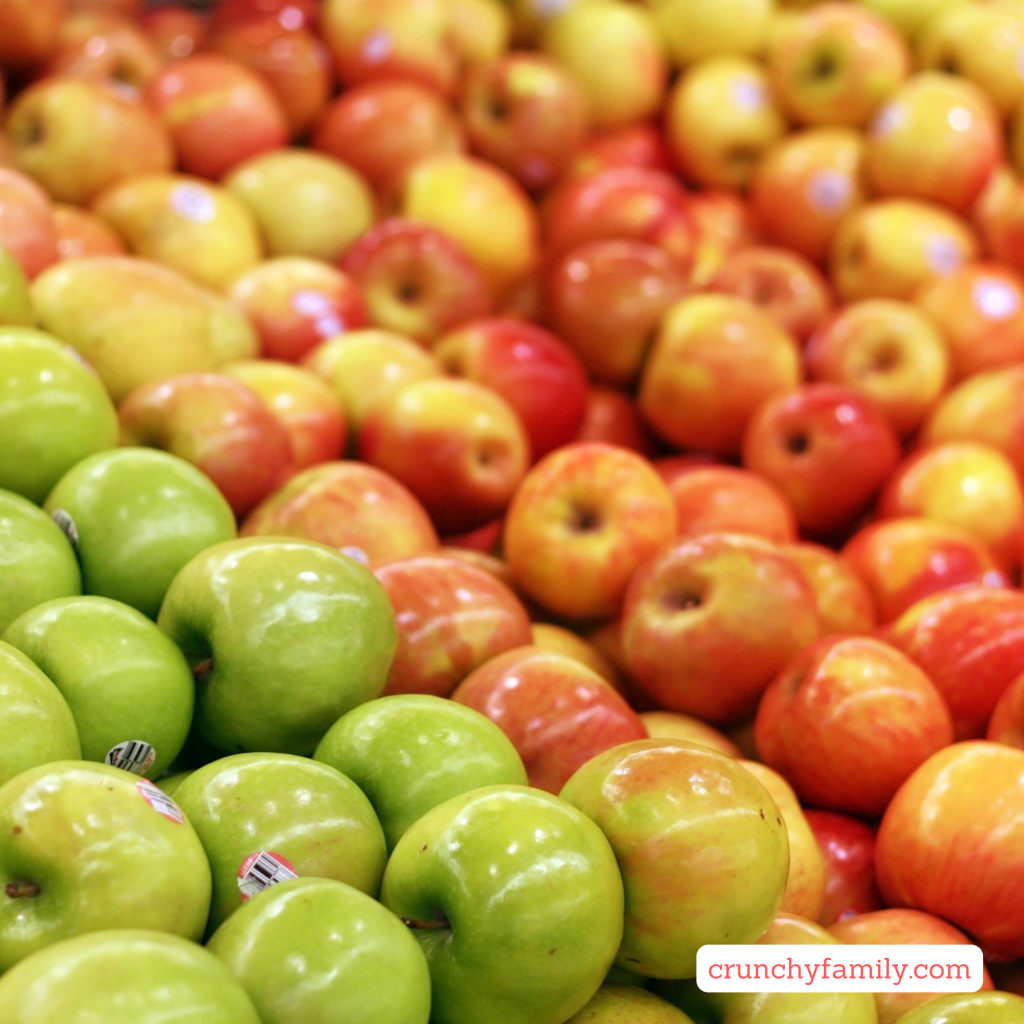
2. Baking Soda Solution
A recent study revealed that a baking soda bath is one of the most effective ways to naturally remove surface pesticide residues. Mix one teaspoon of baking soda (sodium bicarbonate solution) with two cups of water. Soak your apples in this solution for about 12-15 minutes. This method has been shown to remove a significant amount of pesticides, including those that have penetrated the apple peel.
3. Salt Solution
A simple and natural homemade washing agent involves using a salt solution. Mix one teaspoon of salt in a large bowl of warm water and soak your apples for a similar duration as the baking soda solution. This can help in the removal of surface residues naturally.
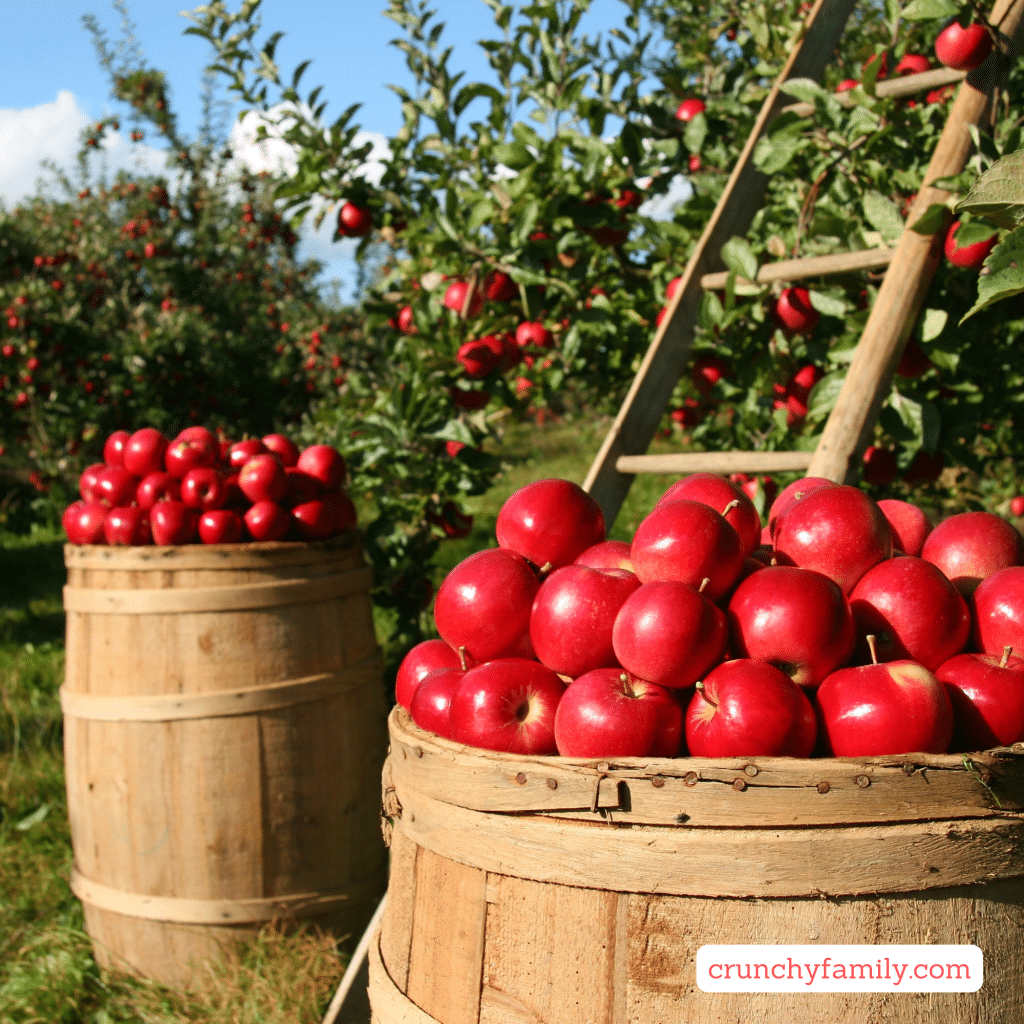
4. Vinegar Solution
Using a mixture of vinegar and water is a well-known natural practice. Combine one part vinegar with three parts water and soak your apples for about 10-15 minutes. While this can help reduce pesticide levels, the overall effectiveness might not match that of a baking soda solution.
5. Clean Brush
For firm fruits like apples, using a clean brush to scrub the surface under running water can aid in removing more stubborn residues. This mechanical action can help dislodge surface pesticide residues that are not easily washed away by water alone.
Baking Soda Solution is the Natural Choice
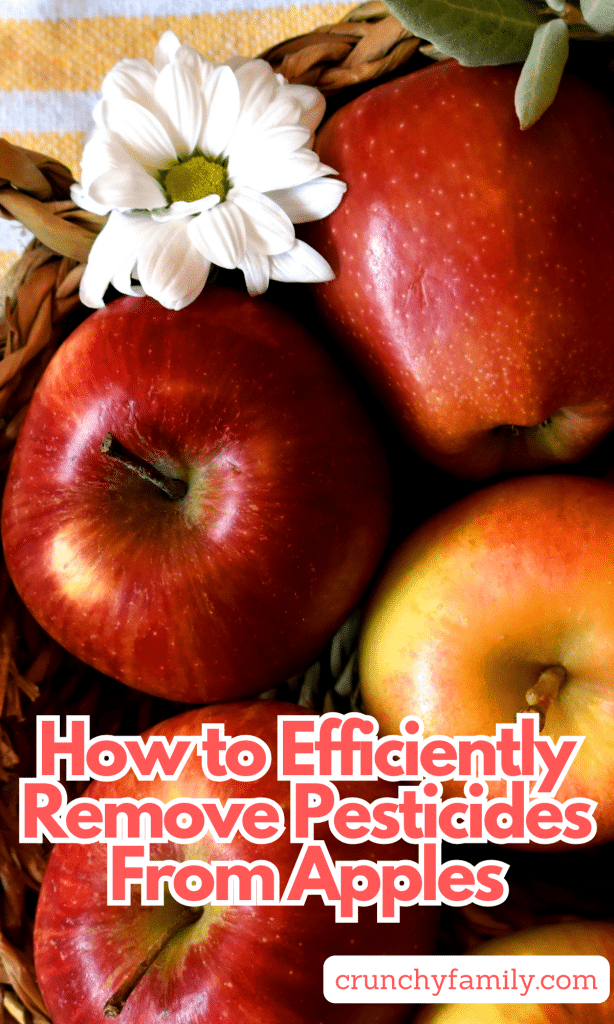
A baking soda solution is a standout among the different washing methods. It effectively removes common pesticides and those that have penetrated deeper into the fruit’s surface. This method leverages the principles of food chemistry, making it a preferred natural choice for reducing the risk of pesticide exposure.
Choosing organic gala apples or other organic fruits significantly reduces the pesticide load on your fresh fruit. Organic farming practices rely on organic pesticides, which tend to be less harmful.
Certain fruits and vegetables, like apples, have the highest levels of pesticide residue, making organic options a safer bet for natural living.
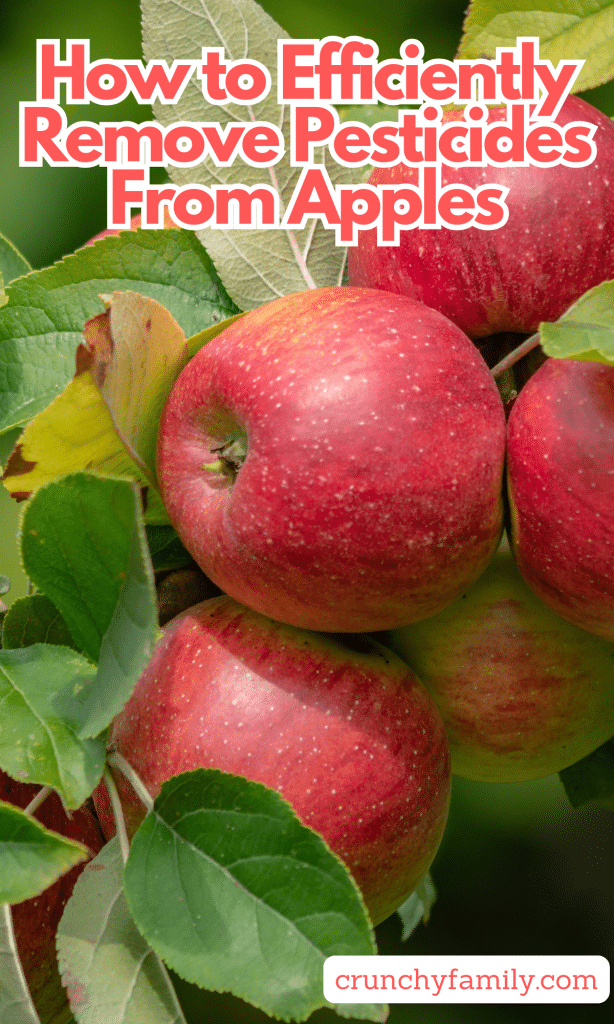
While no method guarantees the complete removal of all pesticide residues, using a baking soda solution offers a highly effective way to reduce surface pesticide residues on apples naturally.
By incorporating different natural washing methods, you can ensure your fresh produce is as clean and pure as possible.
Whether you’re dealing with leafy greens, firm fruits, or vegetables, taking the time to naturally wash your fresh fruit can significantly reduce the risk of pesticide exposure and enhance the health benefits of your food products.
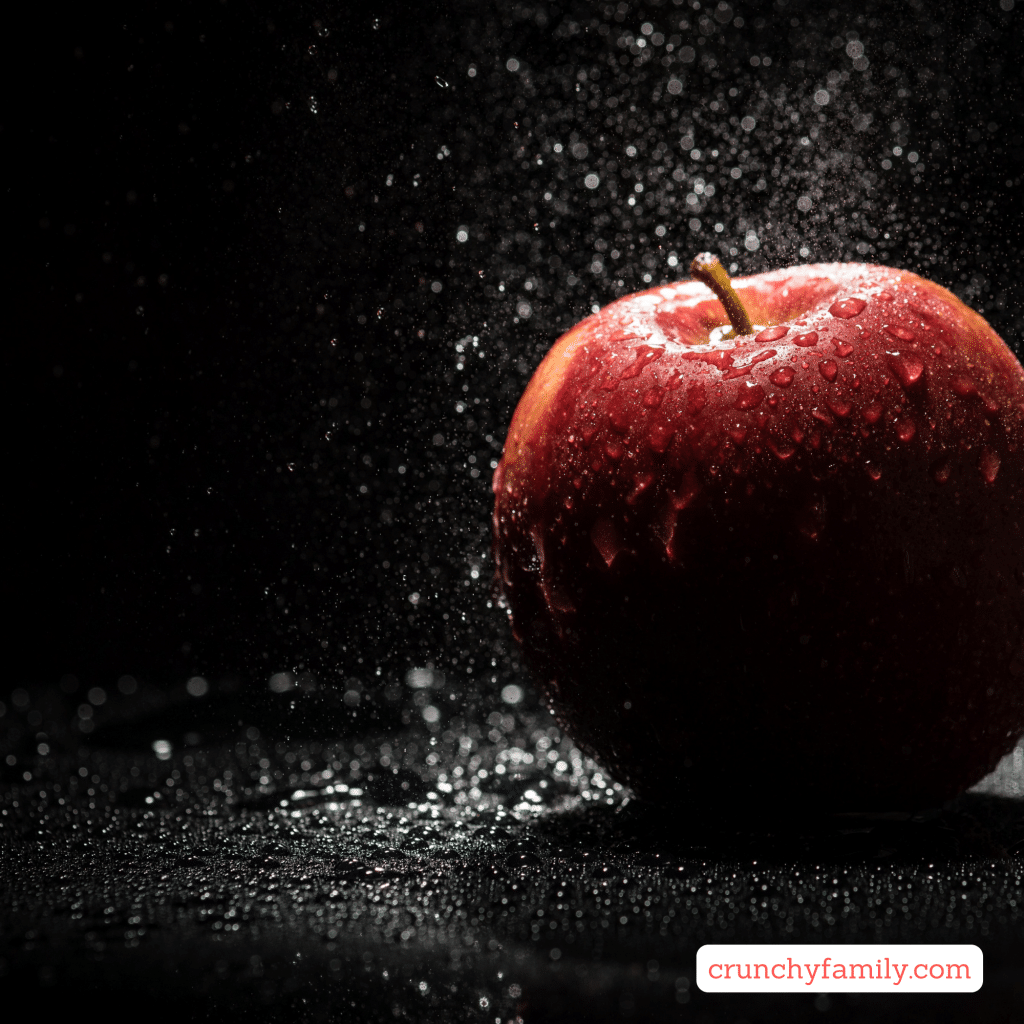
By understanding and utilizing these natural techniques, you can confidently enjoy your fresh, delicious apples and other produce, knowing you’ve taken steps to protect your family’s health and embrace a more natural way of living. You may also like our post about Non Toxic Household Swaps You Need to Start Today